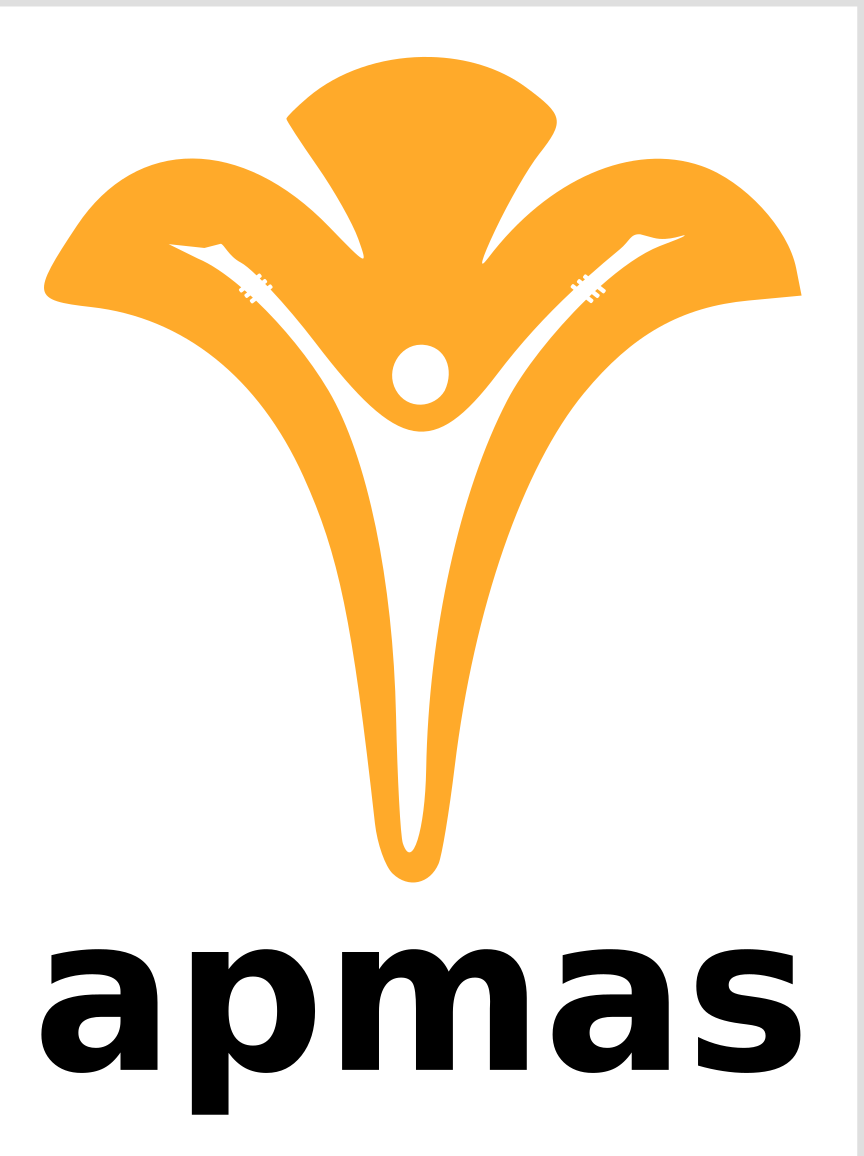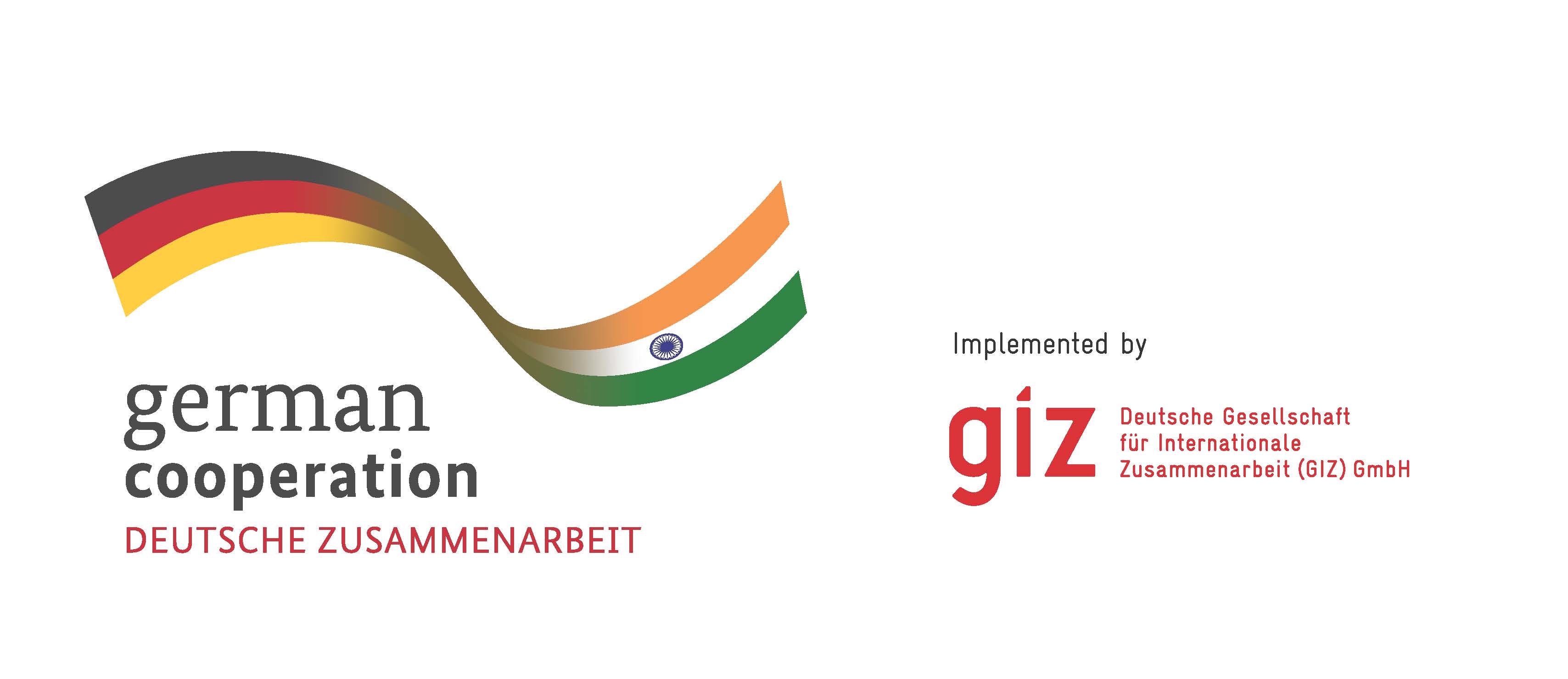
Green Innovation Centre for the Agriculture and Food Sector, India
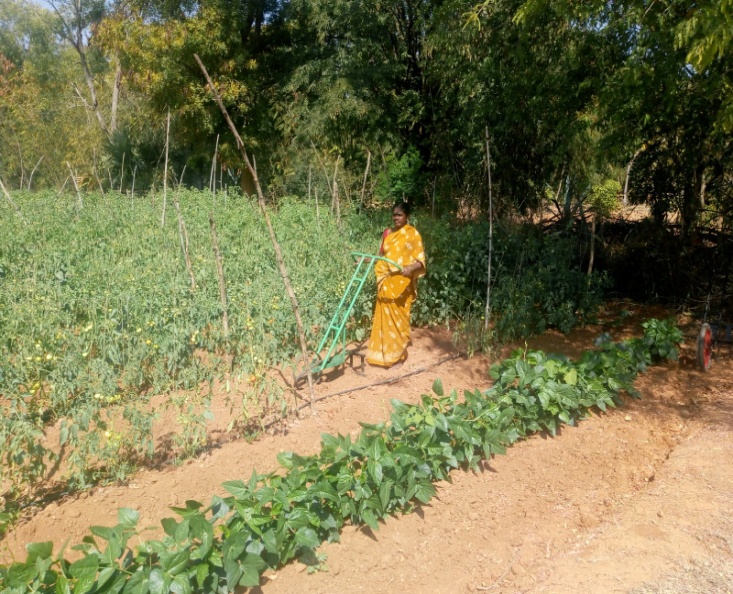 | 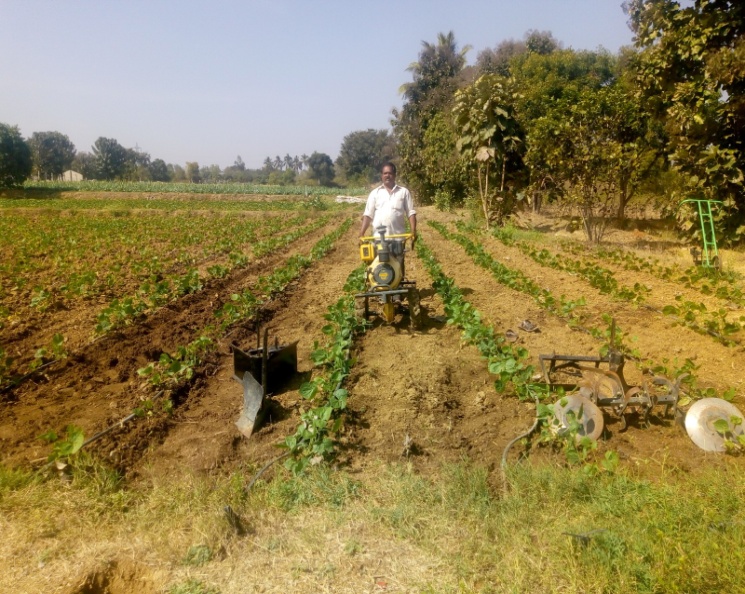 |
| Farm Mechanisation – Cycle Weeder and Mechanical Weeder | |
Backdrop
The One World – No Hunger initiative of the German Federal Ministry for Economic Cooperation and Development (BMZ) aims at addressing poverty and hunger by establishing Green Innovation Centre (GIC) for the agriculture and food sector in 13 countries, amongst them India. The objective is to leverage innovations to increase the incomes of small-scale farmers, increased employment and an improved regional food supply. To reach this objective, new ways of cooperation, such as farmer groups/ associations, will be promoted to improve the productivity, processing and marketing along the entire tomato value chain.
Project Info
Goal: Enhance the production, productivity and profitability of farmers across the tomato value chain through promotion and strengthening of Farmer Producer Organisations with special focus on women and youth in Chittoor district of Andhra Pradesh.Specific Objective:
• Undertake & up-scale tomato value chain development interventions and innovations in Madanapalle Cluster of Andhra Pradesh
• Provide capacity building and handholding support to 15 FPOs to develop them into viable and sustainable farmer-owned enterprises engaged in tomato value chains
• Scale-up the interventions and innovations taken-up under GIC project to 15,000 farmers (increase the outreach from 10,000 farmers till now to 15,000 farmers)
• Transfer of knowledge, approach and experience of strengthening and achieving sustainability of FPOs across and outside the state of Andhra Pradesh and India
Outreach: 15,000 farmers (9,000 direct and 6,000 indirect)
Period
| Phase | Period | Operational Area |
| Pilot | Sept 2015 – May 2016 | Ramasamudaram & V.Kota mandals in Chittoor & Nallamada mandal in Anantapur districts |
| Phase I | Sept 2016 – Dec 2017 | Ramasamudram, Palamaner, Madanapalle & Nimmanapalle mandals in Chittoor district |
| Phase II | Jan 2018 – Dec 2019 | B. Kothakota, Kurbalakota, Mulakalcheruvu mandals in Chittoor district |
| Phase III | Jan 2020 - Dec 2022 | Ramasamudram, Palmaner, Madanapalle, Nimmanapalle, V.Kota, Kalikiri, Vayalapad & Kurabalakota mandals in Chittoor district |
Partnership : World Vegetable Centre, DGRV, Departments of Agricultural Marketing, Horticulture & Agriculture etc, APMARKFED, efresh Agri Business Solutions, Sunsip Agro Processors, Coromandel, retailers etc,
Team : Project Director, Director- I&CB, Tomato Value Chain Specialist, Project Managers (3), Technical Coordinators (7), FPO Coordinators (2), MIS Officer (1),
Computer Operators (2), Rythu Mithras (32) and part time consultants
This project contributes to achieve SDG 2: End hunger, achieve food security and improved nutrition, and promote sustainable agriculture and SDG 13: take action to combat climate change.
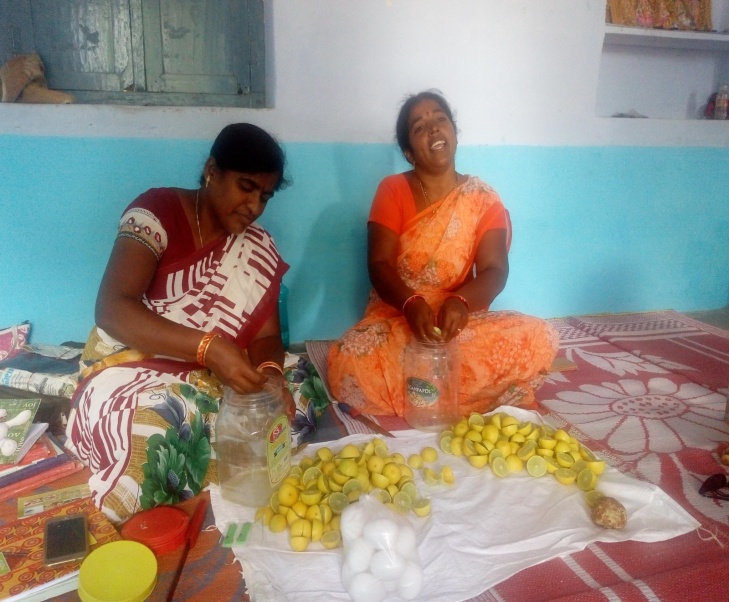 | 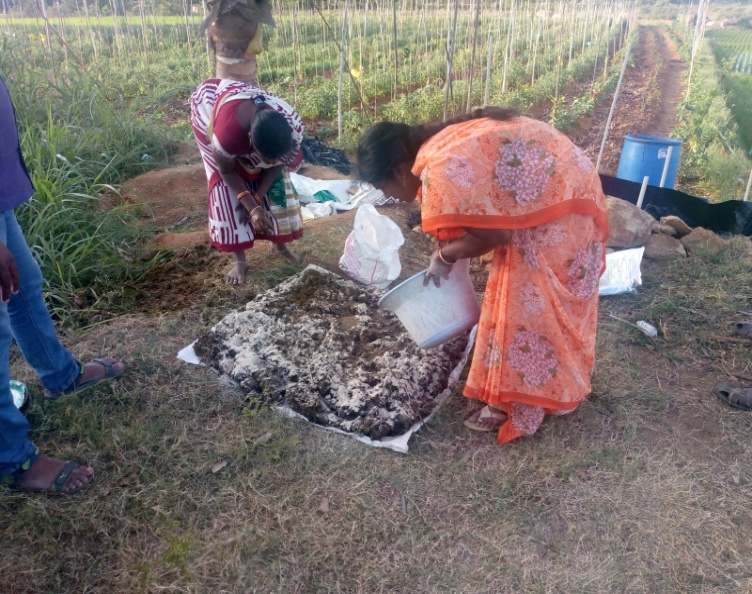 |
| Organic Farming Practices in Madanapalli | |
Major Activities/ Achievements
Promotion and Strengthening of Farmer Institutions
Collective Procurement and Marketing Activities:
Innovations
Material Development
- Tomato Early Blight Pamphlet
- Tomato Late Blight Pamphlet
- Tomato Package of Practices
- Tomato Powdery Mildew Pamphlet
- Dos & Don'ts in Vegetable Nursery Management
- Pest & Disease Management for Tomato Crop (Telugu)
- Capacity Building of Board of Directors of Farmers Producer Organizations (FPOs)
Challenges and Constraints
Way Forward
Plan to reach 15,000 farmers i.e. 9000 farmers directly and 6000 farmers indirectly by the end of phase iII in high tomato growing mandals of Chittoor district and strengthen FPOs as self-reliant institutions to take up agri-business and value chain interventions in a successful manner. Create models and demonstrate innovations in terms of partnerships, adaptation of technologies & value-added interventions to enable farmers for moving ahead along the value chain, negotiating strongly with the government and other stakeholders for necessary support and assertion of their rights and entitlements.
APMAS Supported FPOs (click on the name for location)
Photos
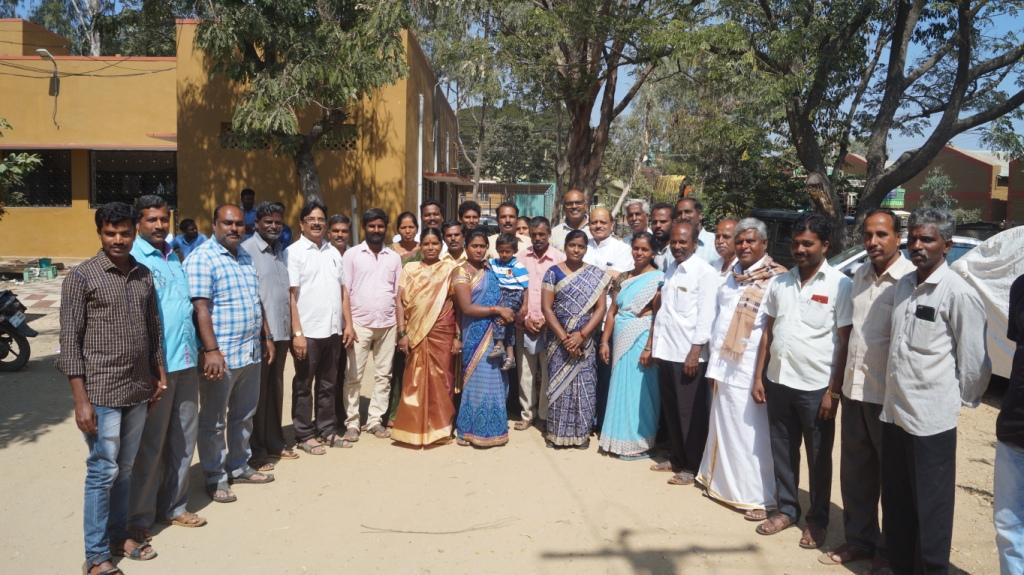 |
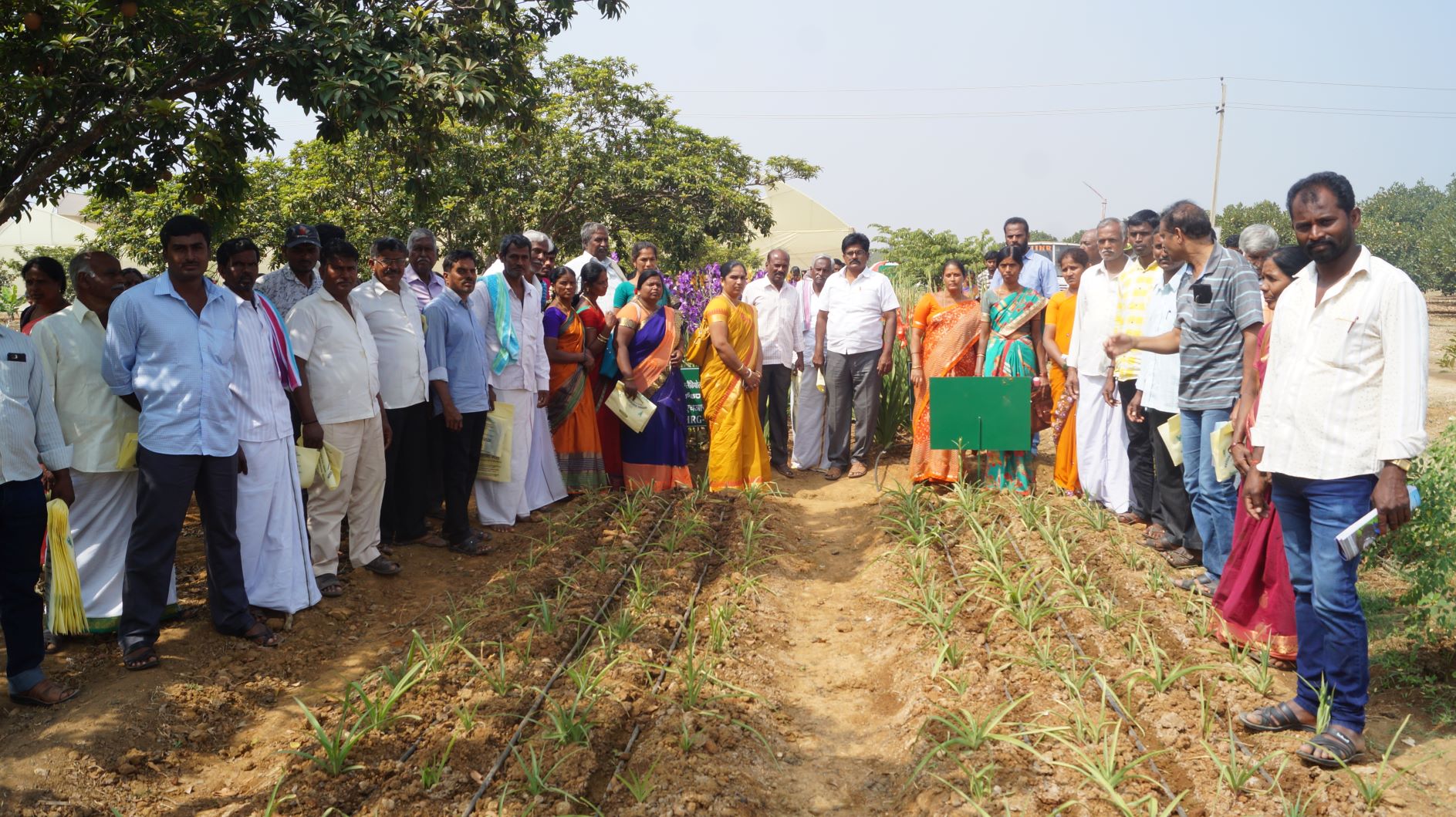 | |
| BoDs of Four Producer Organisations Promoted Under GIC Project |
Exposure Visit to Indian Institute of Horticulture Research, Bengaluru |
|
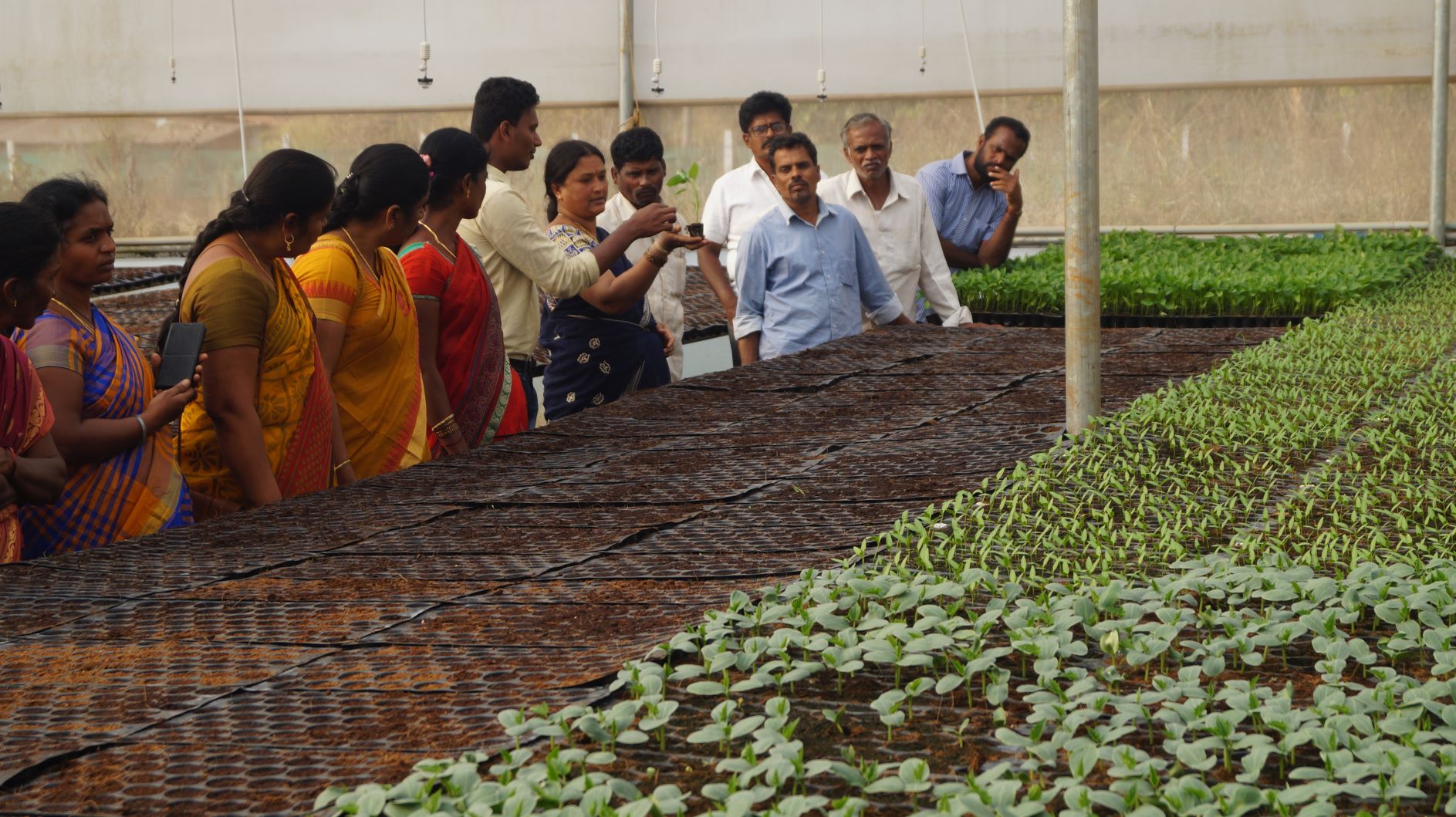 |
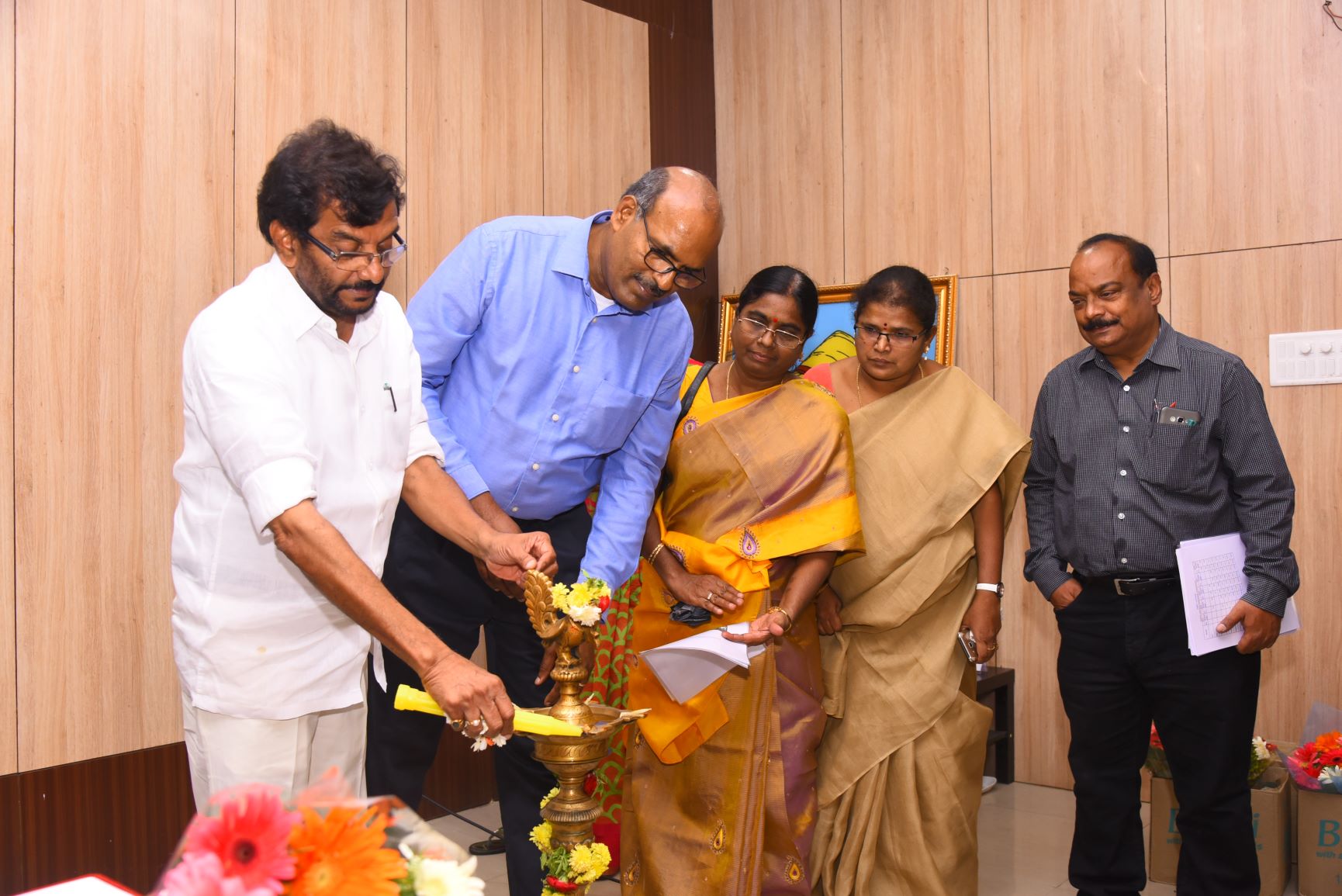 | |
| Exposure Visit to Model Nursery | Tirupati Workshop Inauguration by Honourable Agriculture Minister, AP, Sri Somireddy Chandramohan Reddy |
|
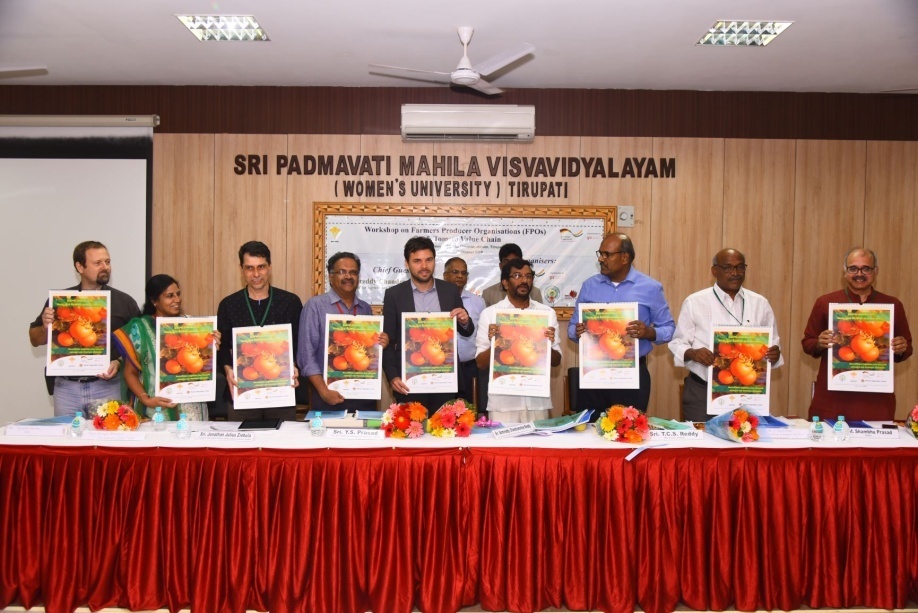 |
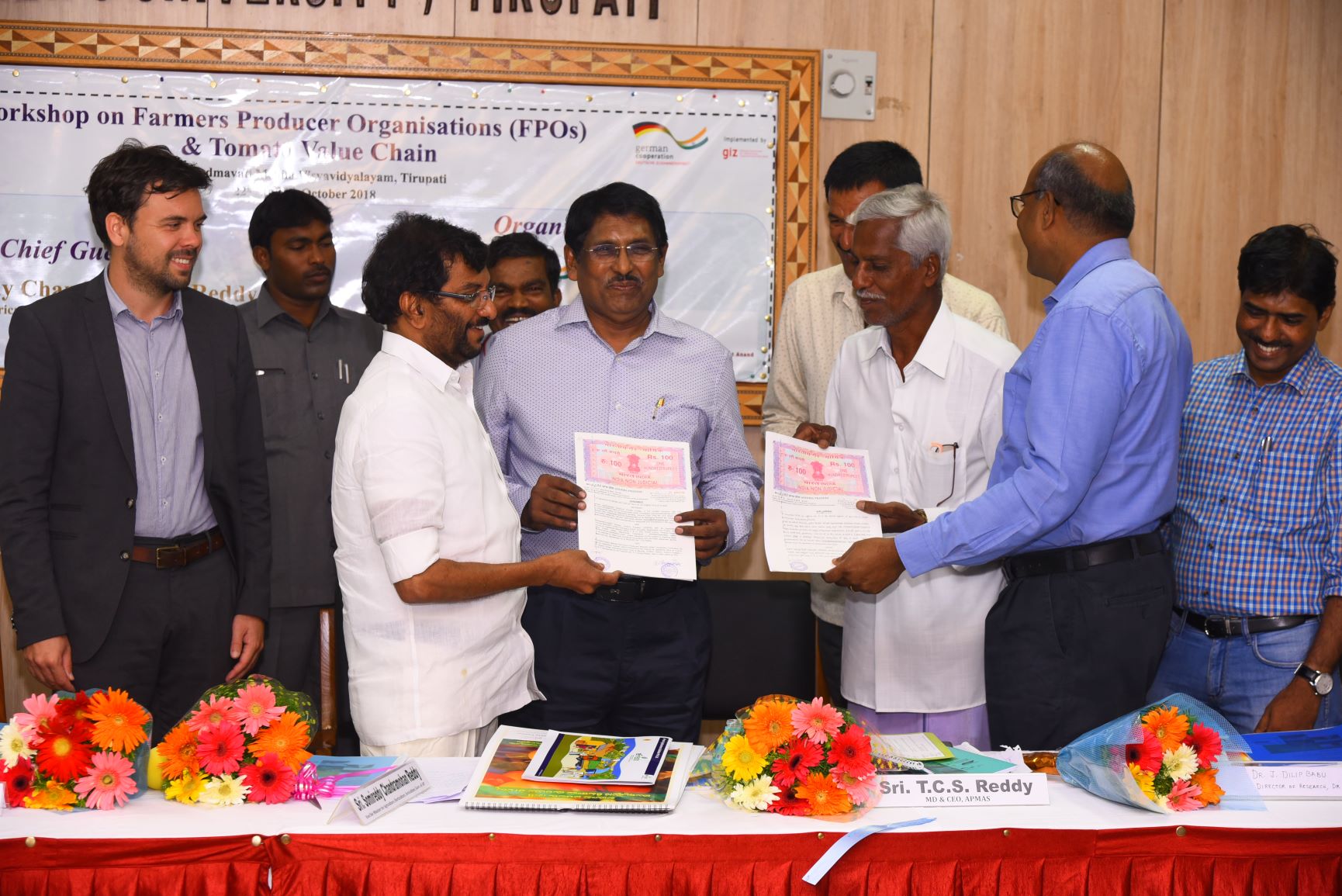 | |
| Tomato Poster Inauguration by Agriculture Minister | MoU with e-Fresh and Ramasamudram FPO | |
